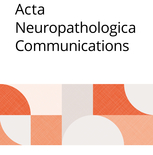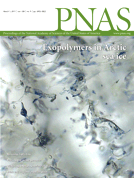
A third paper co-authored by researchers based at a prominent lab whose work has been under investigation on and off for almost three years has been retracted.
According to the notice, the university’s investigation found that a 2008 paper in FEBS Letters contained “clear signs of manipulation” in three figures.
Research from geneticist David Latchman’s group has been dogged by misconduct allegations since late 2013 and subject to two investigations by the University College London (UCL). Continue reading “Clear signs of manipulation” in paper co-authored by prominent geneticist
 When the
When the 




 Researchers from the University of Kansas asked to retract their paper only days after the journal issued an expression of concern related to some of the images.
Researchers from the University of Kansas asked to retract their paper only days after the journal issued an expression of concern related to some of the images. 